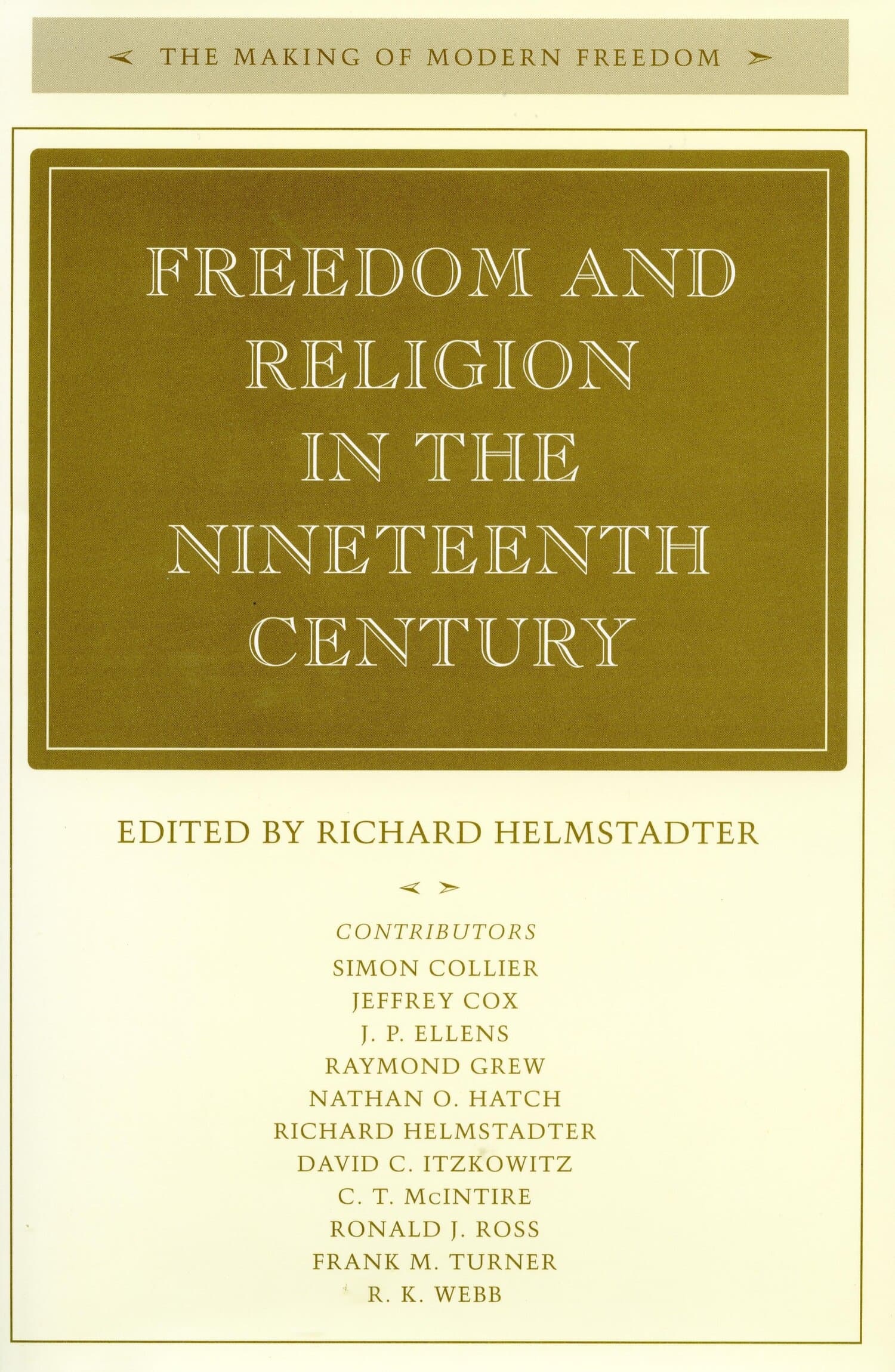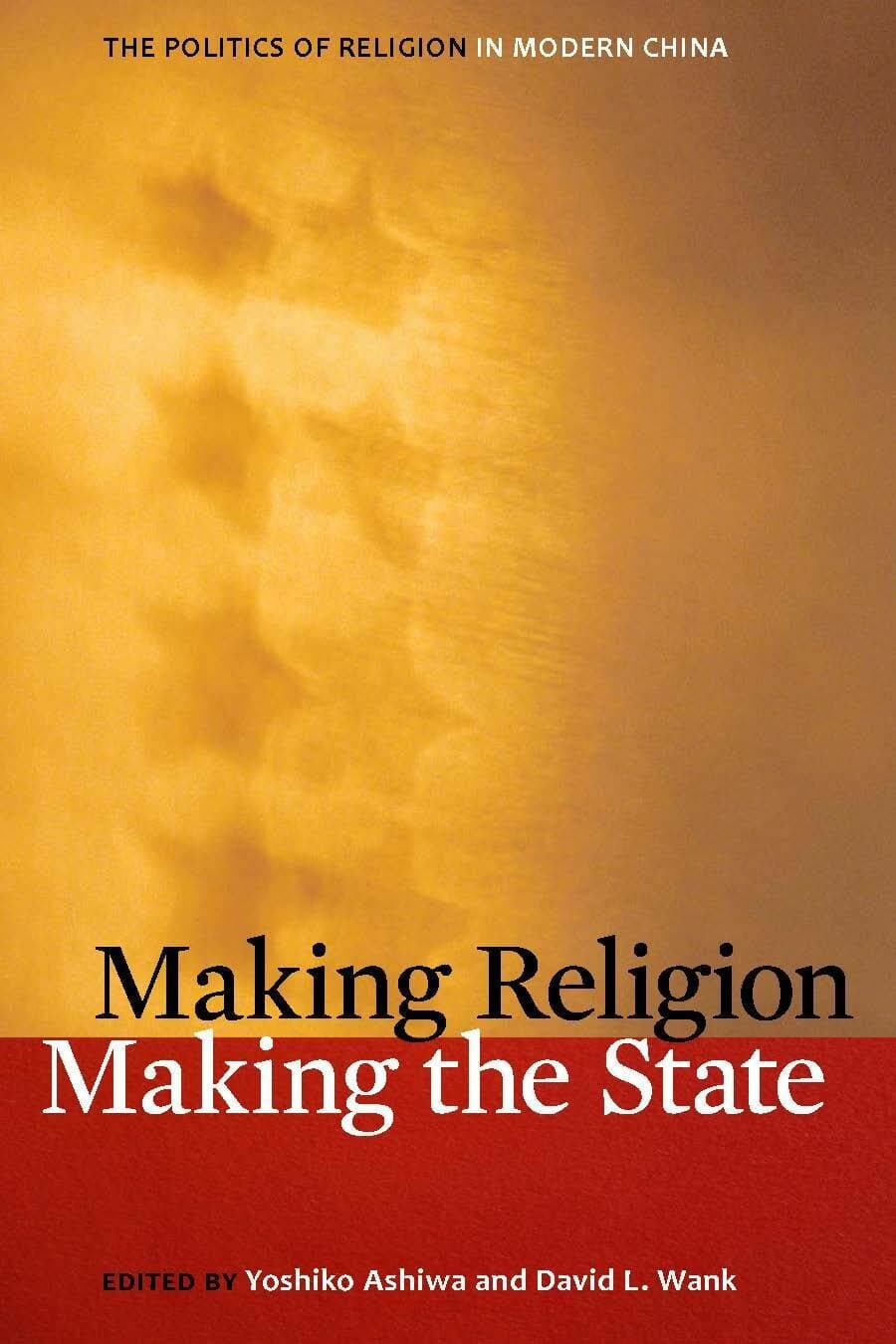Freedom and Religion in the Nineteenth Century

The subject of religious liberty in the nineteenth century has been defined by a liberal narrative that has prevailed since Mill and Macaulay to Trevelyan and Commager, to name only a few philosophers and historians who wrote in English. Underlying this narrative is a noble dream—liberty for every person, guaranteed by democratic states that promote social progress though not interfering with those broadly defined areas of life, including religion, that are properly the preserve of free individuals.
At the end of the twentieth century, however, it becomes clear that religious liberty requires a more comprehensive, subtle, and complex definition than the liberal tradition affords, one that confronts such questions as gender, ethnicity, and the distinction between individual and corporate liberty. None of the authors in this volume finds the familiar liberal narrative an adequate interpretive context for understanding his particular subject. Some address the liberal tradition directly and propose modified versions; others approach it implicitly. All revise it, and all revise in ways that echo across the chapters.
The topics covered are religious liberty in early America (Nathan O. Hatch), science and religious freedom (Frank M. Turner), the conflicting ideas of religious freedom in early Victorian England (J. P. Ellens), the arguments over theological innovation in the England of the 1860’s (R. K. Webb), European Jews and the limits of religious freedom (David C. Itzkowitz), restrictions and controls on the practice of religion in Bismarck’s Germany (Ronald J. Ross), the Catholic Church in nineteenth-century Europe (Raymond Grew), religious liberty in France, 1787-1908 (C. T. McIntyre), clericalism and anticlericalism in Chile, 1820-1920 (Simon Collier), and religion and imperialism in nineteenth-century Britain (Jeffrey Cox).




